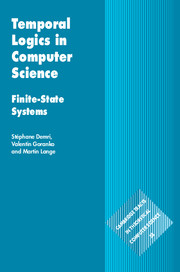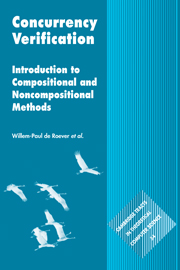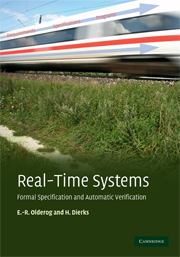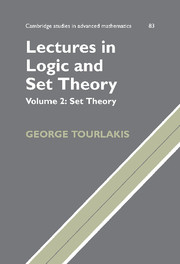Temporal Logics in Computer Science
This comprehensive text provides a modern and technically precise exposition of the fundamental theory and applications of temporal logics in computer science. Part I presents the basics of discrete transition systems, including constructions and behavioural equivalences. Part II examines the most important temporal logics for transition systems and Part III looks at their expressiveness and complexity. Finally, Part IV describes the main computational methods and decision procedures for model checking and model building - based on tableaux, automata and games - and discusses their relationships. The book contains a wealth of examples and exercises, as well as an extensive annotated bibliography. Thus, the book is not only a solid professional reference for researchers in the field but also a comprehensive graduate textbook that can be used for self-study as well as for teaching courses.
- Provides readers with a solid theoretical background and detailed practical knowledge of skills in the field
- Self-contained treatment allows more advanced readers to focus on particular aspects of the theory
- Contains 450 exercises to supplement the theory
- Provides detailed bibliographic notes for students interested in exploring the subject further
Reviews & endorsements
'In summary, the book presents the most important and influential temporal logics, presents their properties, and introduces the most important tools to reason about temporal logics. It strikes a good balance between breadth and depth in coverage …' Martin Zimmermann, MathSciNet
Product details
September 2016Adobe eBook Reader
9781316728567
0 pages
0kg
180 b/w illus. 450 exercises
This ISBN is for an eBook version which is distributed on our behalf by a third party.
Table of Contents
- 1. Introduction
- Part I. Models:
- 2. Preliminaries and background I
- 3. Transition systems
- Part II. Logics:
- 4. Preliminaries and background II
- 5. Basic modal logics
- 6. Linear-time temporal logics
- 7. Branching-time temporal logics
- 8. The modal mu-calculus
- 9. Alternating-time temporal logics
- Part III. Properties:
- 10. Expressiveness
- 11. Computational complexity
- Part IV. Methods:
- 12. Frameworks for decision procedures
- 13. Tableaux-based decision methods
- 14. The automata-based approach
- 15. The game-theoretic framework
- References
- Index.






